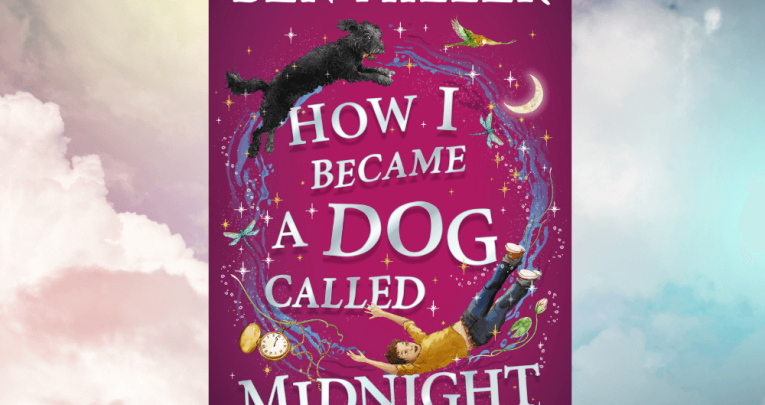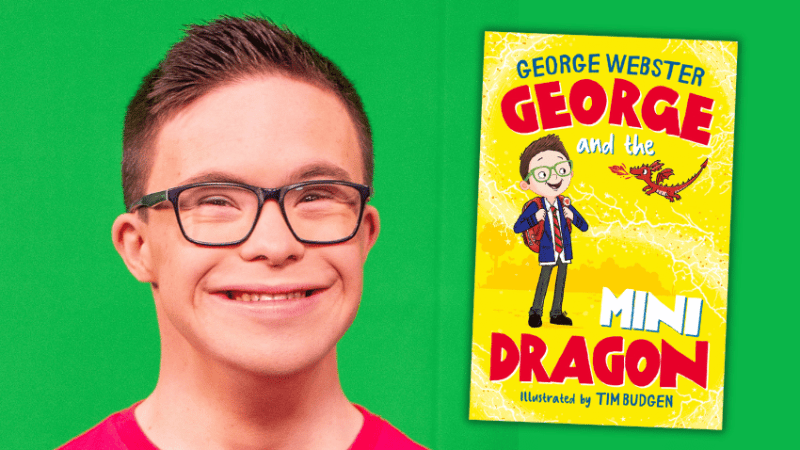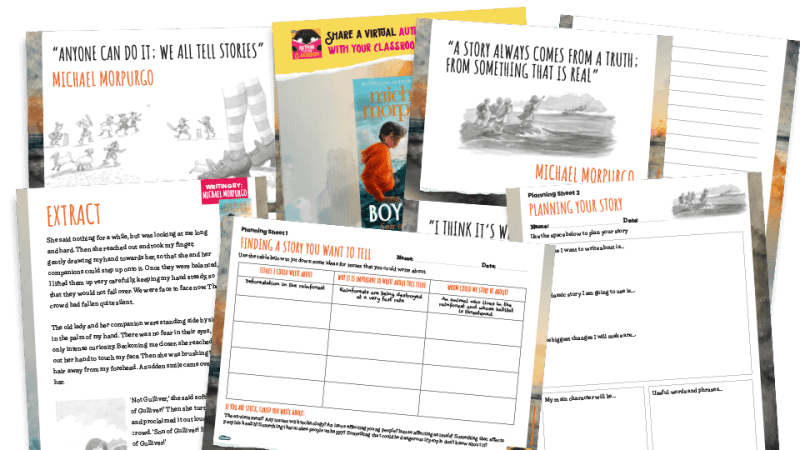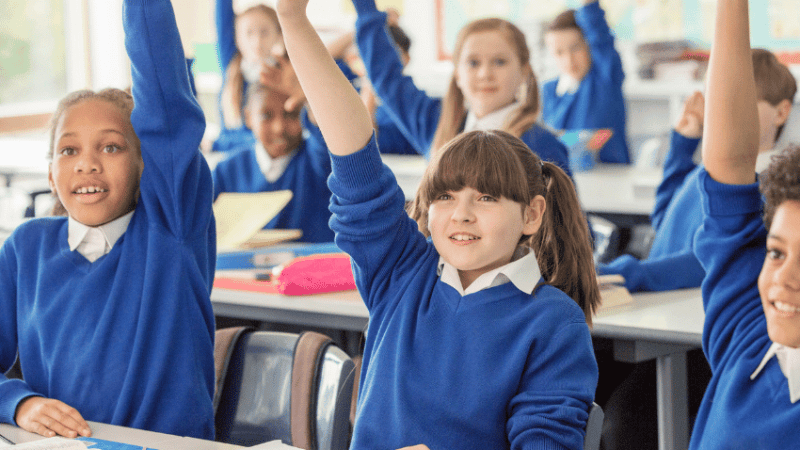Ben Miller on the power of story and making learning fun

We talk to comedian and children’s author Ben Miller about writing for children, the power of teacher parents, and why the best stories really are timeless and ageless…

- by Ben Miller

You’re well-known amongst adults for your comedy career. How do children compare as audience members? I just love children’s stories. My parents are teachers, and I was very, very lucky growing up that they had a great love for children’s stories, and as a result, I think, I have the same passion and enthusiasm for them.
I’ve always loved doing kids’ stuff, so even in my film career I’ve done things like Johnny English and Paddington, and to be honest, there isn’t any difference between making something for adults and for children.
I think if you tried to write or perform in a way you think children would like, it wouldn’t work. But what you can do is focus on the clarity of your storytelling, and think about what you want the story to do, what impact you want it to have.
For me, I’m writing for adults and children – ages seven and up, basically. The best stories work for everybody. They tap into something that goes much deeper than just your age.
How do your kids get involved in your writing? The poor kids, I mean, they’re so good. They really have no choice. I have three children, and the one who happens to be closest to the age range of my readers at the time, tends to help out.
So at the moment it’s Harrison, who’s nine. He’s my guinea pig for almost the whole process, but the main thing is just reading the story to him and watching his reaction really carefully. Of course, the worst criticism is that the kids just get up and walk off!
But children are pretty easy to gauge, and that’s what’s so great about asking them questions. In the latest book, there’s a part of the story where the boy gets trapped in the body of a dog, and wants to send a message using Bananagram tiles.
I asked Harrison, “If you were stuck in a dog, and wanted to send a message to a friend, what would you say?” And he replied, “It’s easy, Daddy. I’d say ‘Help, trapped in dog’.” So that’s what I wrote. [Laughs]. I like to keep it authentic.
Why do you think reading out loud is so important for developing literacy? First of all, I think speaking stories out loud is probably how humanity [as we know it] first started. There is something so mystical and so magical going on when stories are read out loud.
It’s how we understand the world, and understand each other, through storytelling. And research shows that it does have real benefits for children’s development, although we don’t necessarily understand why.
My hunch is that it’s probably impossible to do the experiment that would tell us why, but that it’s something fundamental to who and what we are as creatures.
Trending
Going back to how children compare to adults as an audience, kids are interested in everything, so even if they don’t understand all the words you’re reading, or they’re reading, they’re experts in singling out the important parts of a conversation, and understanding emotional undercurrents.
They hear conversations all the time and don’t know what half the words mean, so it’s part of that learning puzzle.
How has your own education journey influenced your writing? I’ve always loved physics and science, and I did start a PhD at Cambridge, before pursuing comedy. But the biggest influence on me, and my writing, was my own parents being teachers, and having so many stories read to me at a young age.
That’s had the most lasting effect. I do enjoy adding some science into the stories – I can’t help it! For example, in the newest book, there’s a lot of information about the moon.
I find science wonderful, and extraordinary, and kids love it! My interest in science is quite childlike, and I think the kids of the age I’m writing for find those little bits of science really fascinating.
And wrapping it up in stories can make it more memorable, as well as allowing children to explore something that interests them, through a narrative they can relate to and understand.
There’s so much power in stories, for learning and for life in general. It’s extraordinary.
Ben’s latest book, How I Became a Dog Called Midnight (£12.99 (HB), Simon & Schuster Children’s Books) is out now.










